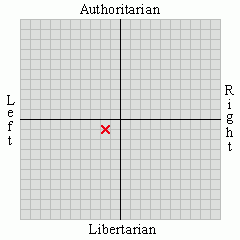I've been asked to comment about why I think the party system is a good thing for the electorate. This is an extract from a sermon I preached at Mansfield College back in 2002 entitled "Politics and Faith – Complementary or Mutually exclusive". The URC is the United Reformed Church - the denomination in which I am a member, elder and lay preacher.
"I should explain a little about political parties and how they fit into government both local and national. The dictionary definition of the word political is "affecting the state or government, engaged in civil administration, having an organised form of society or government". The political parties exist as groups of people who have similar political views. People form these groups so that they might work together to govern in the way that best fits their collective view. Just as in the URC nobody is expected to agree 100% with everything their party stands for however most will agree with a large proportion of their own party's policy. Sometimes a particular issue will cause great problems in a party and this can be the most interesting but most testing time of one’s own integrity. Compare the issue of Europe and the single currency for some political parties to the issue of human sexuality for the URC. The similarities are striking. What makes politics so interesting (and frustrating sometimes) to me is trying to work out how closely (or not!) our principles match those of fellow party members and how we might come to a compromise agreeable to all. Indeed the sort of meeting as a councillor that I find the most difficult but yet the most interesting are the regular meetings of my own political party's group – for my sins I am its chair this year.
You could say that in an ideal world, all councillors would be independent of political parties and that they would all truly represent those that elected them. I have nothing at all against independent politicians, indeed being independent and having one's own mind is crucial to being a good politician. The problem is that if you had 48 people in the council chamber with 48 different views and agenda you'd never decide anything and never get anything done. It is also difficult, if not impossible, to get elected without the support of a larger body such as a political party in campaigning and in being effective as a councillor. Most parties will provide support not only in getting elected in the first place but also in how to be an effective councillor, and how to balance working life with being a councillor and perhaps having family responsibilities. The political parties help to ensure that government is effective but still accountable to the electorate and also help the electorate to know a little about what values and principles a candidate has. With the best will in the world, no candidate can possibly know all 4000 or so electors in a ward!"
Tuesday, October 16, 2012
Subscribe to:
Post Comments (Atom)

No comments:
Post a Comment